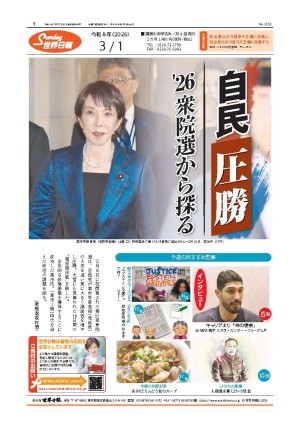海外援助のカットではなく修正を提言したタスクフォース Task force urges fixes over cuts for foreign aid
今週公表された超党派の報告書は、米国の海外援助の改革について、全体の政府予算を大幅に削減するのではなく、国際開発プログラムの「配管を修理する」ことに焦点を当てるべきだと主張している。
戦略国際問題研究所が組織したタスクフォースは、国際開発局(USAID)を米国のすべての海外援助を調整する独立機関として存続させることを提言。現在の援助政策を批判する勢力からは、同局を国務省に統合する案が出ていた。
ドナルド・トランプ氏が2016年4月に大統領選で「米国第一」政策を発表して以来、米国の海外援助の在り方は大きな注目を集めてきた。
...【全文を読む】







